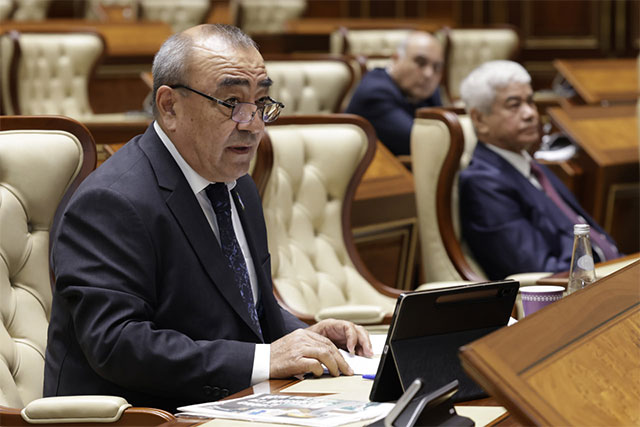
Uzbek Senate Reviews National Report on Anti-Corruption Efforts
Uzbek Senate Reviews National Report on Anti-Corruption Efforts
Tashkent, Uzbekistan (UzDaily.com) — At its 10th plenary session, the Senate of the Oliy Majlis reviewed the National Report on Combating Corruption in the Republic of Uzbekistan, prepared by the Agency for Combating Corruption.
The report highlights that in recent years, the country has significantly strengthened its legal and institutional mechanisms for preventing and combating corruption. Systemic reforms are being implemented to foster a societal culture of zero tolerance toward corruption. In 2024, eight regulatory acts were adopted, providing a legal framework for anti-corruption policy.
Modern anti-corruption mechanisms have been integrated into the operations of state bodies and organizations, with measures taken to ensure transparency and accountability to the public. The “Uzbekistan – 2030” Strategy includes target indicators aimed at increasing the effectiveness of anti-corruption systems. To coordinate efforts, a State Program on Combating Corruption for 2023–2024 has been established, and the list of information subject to public disclosure has expanded from 35 to 40 items.
However, senators noted persistent challenges. Analysis of criminal cases reviewed by courts in 2024 revealed that the greatest harm to state interests occurred in the Andijan, Tashkent, Namangan, and Syrdarya regions, while the number of corruption-related crimes increased in Andijan, Namangan, Tashkent, Kashkadarya, and Samarkand regions. Among those convicted, most were employees in preschool and school education, healthcare, commercial banks, and employment services.
The Ministry of Justice identified 337 corruption-related factors in 222 of more than 2,000 draft regulatory acts (about 11%). Most of the identified factors were linked to acts of the Ministries of Economy and Finance, Environment, Agriculture, Higher Education, Science, and Innovation. The highest number of drafts failing anti-corruption review came from the Ministries of Investments, Industry and Trade, Energy, Agriculture, and Foreign Affairs.
Senators also highlighted insufficient public awareness efforts regarding the significance of legislation aimed at combating corruption.
During the discussion, measures were proposed to improve the work of the Agency for Combating Corruption, ministries, departments, and local government authorities. Recommendations included prioritizing actions in institutions with rising corruption cases, strengthening incentives for whistleblowers, preventing the imposition of additional duties on employees, and enhancing the work of internal control structures and ethics commissions.
Following the session, the Senate adopted a corresponding resolution.